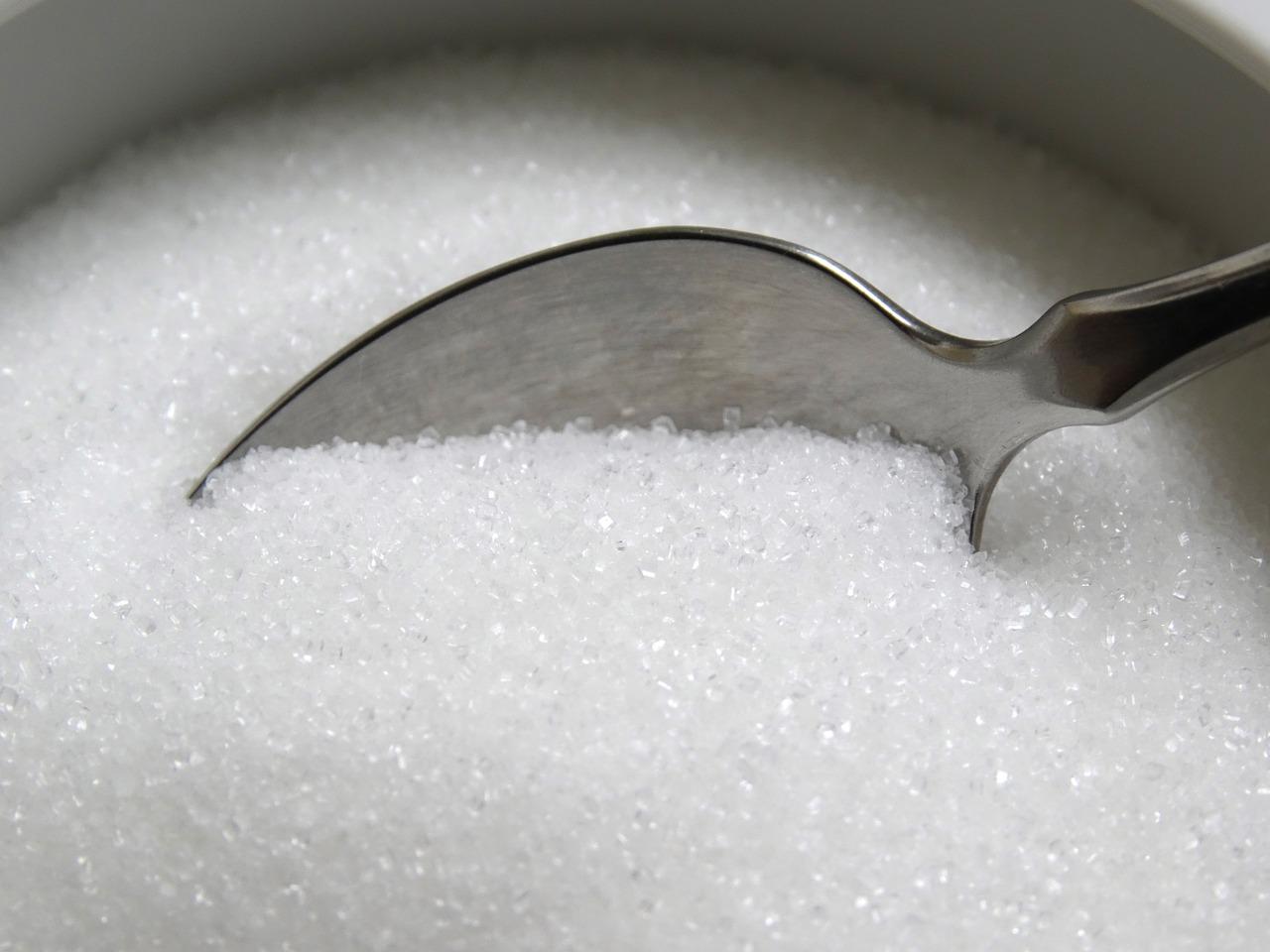Reactions to study linking consumption of two sweeteners to alterations in glucose and the microbiome
Research published in the journal Cell has found a link between the intake of the sweeteners saccharin and sucralose with changes in the gut microbiota that may lead to altered glucose metabolism.

Francisco Guarner - edulcorantes EN
Francisco Guarner
Director of the Digestive System Research Unit at the Vall d'Hebron University Hospital in Barcelona and former president of the Spanish Society of Microbiota, Probiotics and Prebiotics (SEMiPyP)
It is neither definitive nor of high quality. They observed discrete alterations in the tolerance test after oral glucose overload in 20 individuals after two weeks of taking 180 mg of saccharin daily, or in 20 individuals after taking 102 mg of sucralose daily, compared to 20 controls [who did not take any sweetener]. The number of individuals in each arm [those taking a particular sweetener or serving as controls] is very small (N=20), although the study includes 120 in total.
It is important to underline that they do not detect this negative effect in individuals treated with stevia or aspartame. Therefore, the discrete negative effect should not be attributed to all sweeteners.
There are many discrepancies with the existing evidence. The new publication is not a clinical study, but an experimental study: the N (the number of individuals in the study) is small, they did not enrol people with insulin resistance and they use exorbitant doses of sweetener. This is a very important limitation: 180 mg of saccharin a day for two weeks is equivalent to taking 50 tablets or 18 sachets of saccharin every day. I do not know anyone who takes such quantities. In the case of sucralose, the intervention would involve taking 20 sucralose tablets every day. Nobody does that.
Personally, I am of the opinion that there is only one acceptable conclusion, which is also important: the fact that a substance is not absorbable and therefore does not enter the blood does not mean that it is inert. The substance influences the microbiota of the large intestine and can induce negative or positive changes.
Ascensión Marcos - edulcorantes EN
Ascensión Marcos
Research Professor and Director of the Immunonutrition Group at the Institute of Food Science and Technology and Nutrition of the CSIC
This is a good study. However, as usual, one can always see 'drawbacks'. Of the 19 sweeteners approved in the EU, only four appear in this article, so no results can be extrapolated. As we also found in a recently published review, the authors go so far as to observe an effect on the gut microbiota with altered glycaemic response for saccharin and sucralose.
In any case, although the N (the number of participants in the study) is fine (120), there are only 20 in each arm of the study. In addition, the age range is very wide (18-70), both sexes are included (something that should always be taken into account because there are sex differences in terms of microbiota results) and the intervention time is short, only two weeks. In terms of nutritional status, there are several groups and obesity is not taken into account, only overweight.
In principle, it would be preferable to differentiate by case, by nutritional situation, by pathology, even by geographical area, since in Latin America the population has been consuming different types of sweeteners for years and could possibly have adapted their microbiota.
I think that, in general, taking these points into account, it may be difficult to draw conclusions.
Jotham Suez et al.
- Research article
- Peer reviewed
- Observational study
- People



